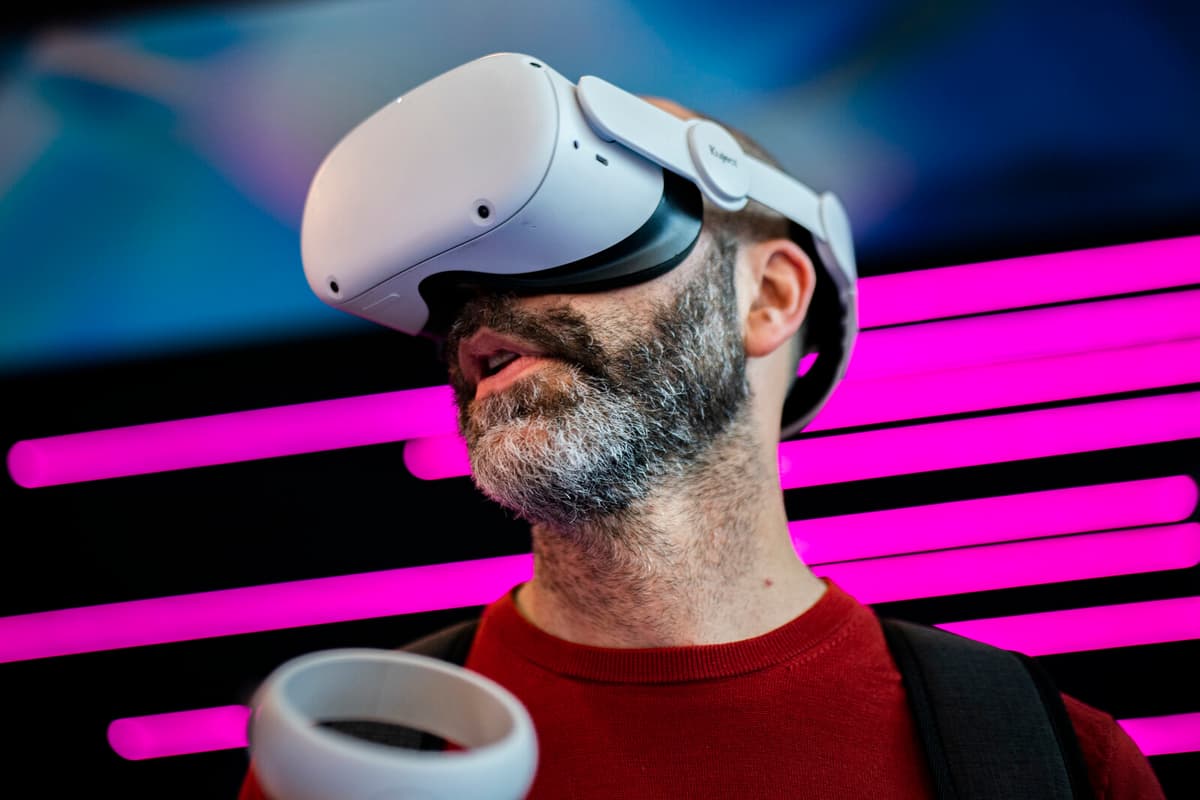The treatment is a form of cognitive behavioral therapy (CBT) and works, somewhat simplified, by helping people manage situations where there is a risk of reactive aggressive behavior. 14 inmates at the Kumla and Borås institutions participated in the study.
VR is a tool to get close to the situations that the person has problems with, says Märta Wallinius and continues:
The software makes it possible for us to create any situation whatsoever. It becomes entirely individually tailored.
"Make amends and do it right"
The result of the method, which is abbreviated VRAPT (Virtual reality aggression prevention training), was positive.
We see results, such as reduced self-reported aggression, says Wallinius.
David Ivarsson, a doctoral student in psychiatry at Lund University, was also involved in the study and agrees with the positive effects:
We have tried to look at relevant measures – aggression, anger, and emotional regulation deficits – if we can affect them, we probably have a higher likelihood of reducing the risk of reoffending, he says and continues:
That we can move risk situations into the inmates, that they get to make amends and do it right in a virtual environment is very positive. We prepare them for the risk situations they will likely encounter.
"Very promising"
Ivarsson and Wallinius point out that the study was small, and that more similar studies, and larger ones, are needed before it is possible to draw general conclusions.
But it is very promising. Just the fact that we can carry out this in a safe way with people who have been treated under high security is positive, says Wallinius.
Wallinius says that one of the advantages of VR treatment, apart from being able to tailor it to the individual, is that the therapist can also become someone else when doing role-playing in VR.
In VR, I can be an older man, or a child. And despite the fact that the person wearing the VR glasses understands that it is not the person standing in front of them in reality, the brain disconnects it, the person reacts as if it were real.
Those who participated in the study described it as being "taken back" to exactly the type of triggering situations they had been in before.






